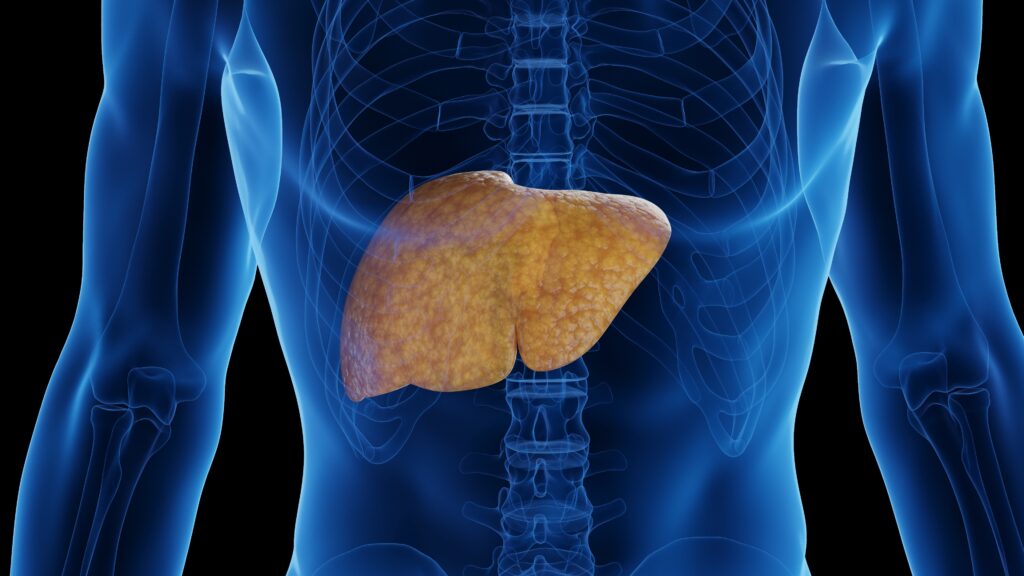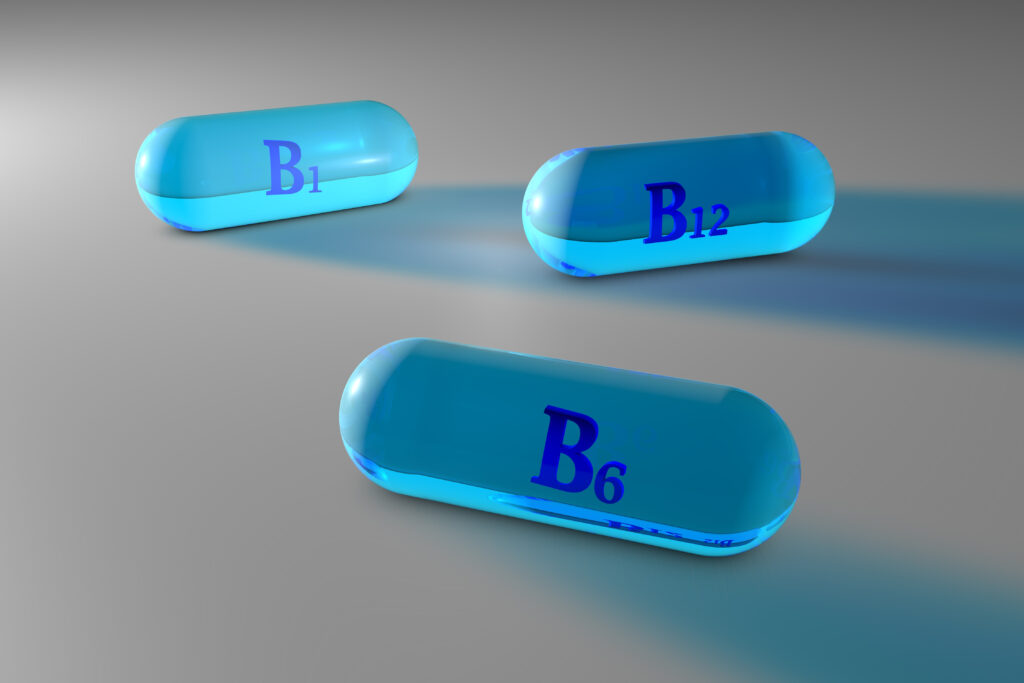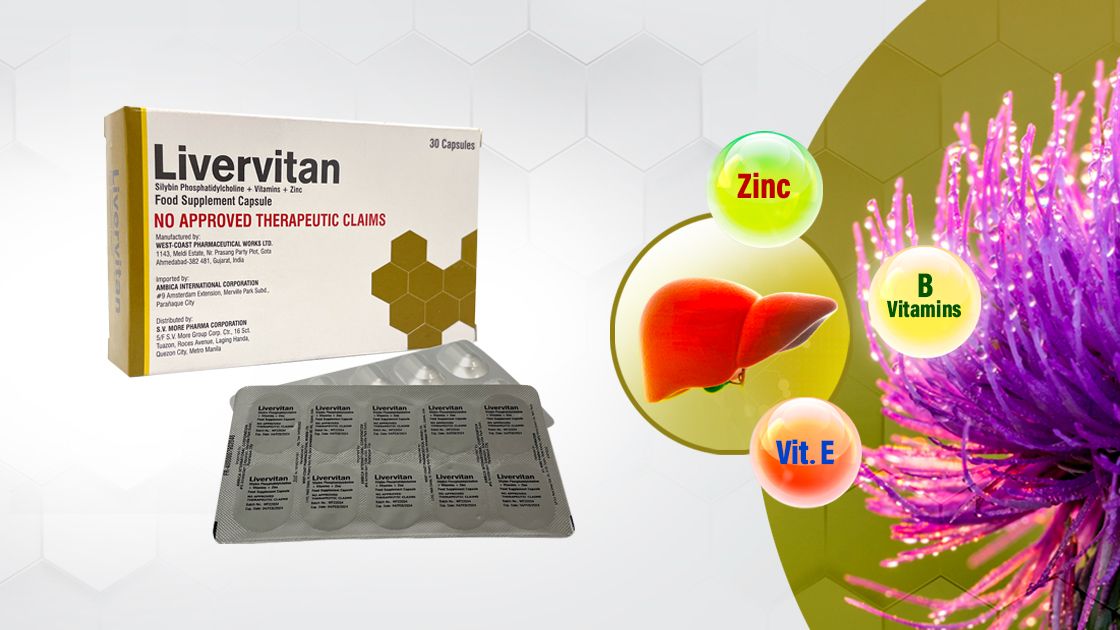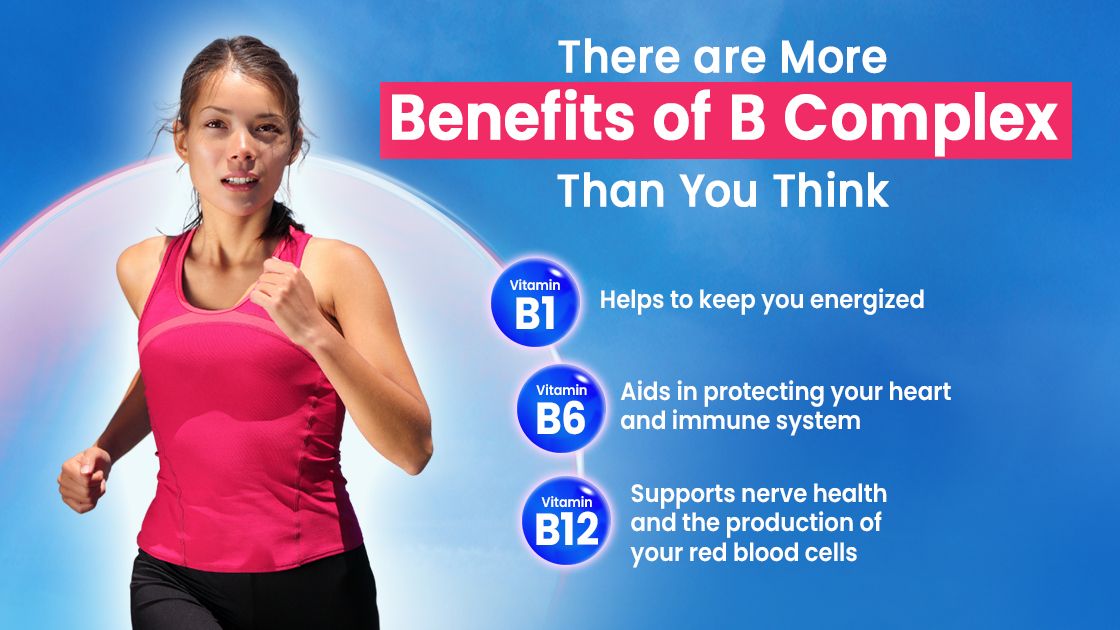Understanding Fatty Liver and How Supplements Help
Fatty liver disease, also known as steatotic liver disease, is a growing global concern affecting a significant portion of the population. This condition is characterized by the accumulation of excess fat in the liver cells which may result from metabolic conditions such as obesity and diabetes, as observed in Non-Alcoholic Fatty Liver Disease (NAFLD), or excessive alcohol intake, as seen in Alcoholic Liver Disease (ALD). Fatty liver is a major health concern due to its potential to progress to more severe liver diseases. The escalating prevalence underscores the critical need for awareness, early detection, and lifestyle modifications for prevention and effective management.
Understanding Symptoms and Diagnosis
Fatty liver often manifests subtly, with common symptoms including fatigue, weight loss, abdominal discomfort, weakness, and confusion. However, many individuals, especially those with mild cases, may not experience any symptoms at all. Diagnosis involves blood tests to measure liver enzymes such as SGPT and SGOT, imaging studies like abdominal ultrasound, CT scan or MRI and, in some cases, liver biopsies. Early detection is crucial in preventing the progression to more severe liver conditions. Regular check-ups with your doctor and monitoring for risk factors are recommended for early intervention.
Managing Fatty Liver
Foundational to managing fatty liver is the implementation of lifestyle modifications. This includes adopting a balanced diet low in saturated fats and sugars, engaging in regular physical activity to promote weight loss, and achieving a healthy body weight to reduce liver fat accumulation.
In terms of medical treatments, physicians may prescribe medications to address underlying comorbidities such as diabetes in cases of NAFLD. For ALD, recommendations include abstinence from alcohol and counseling. In advanced stages, liver-directed procedures or even liver transplantation may be necessary to address significant liver damage or failure.
The Role of Supplements in Supporting Liver Health
Silybin-phosphatidylcholine is emerging as a key supplement for liver health, combining two highly regarded components known for their benefits to the liver: silybin and phosphatidylcholine. Silybin, derived from silymarin, acts as a potent antioxidant and anti-inflammatory agent, shielding liver cells from damage and promoting their regeneration. On the other hand, phosphatidylcholine plays a role in enhancing liver cell membrane integrity, aiding in fat metabolism to reduce fat accumulation, and boosting the hepatoprotective effects of silybin in treating fatty liver disease.
In addition to the multiple benefits derived from silybin and phosphatidylcholine, the combination of phosphatidylcholine with silybin significantly improves the absorption and bioavailability of silybin compared to traditional silymarin preparations.
Other essential vitamins and minerals that may be helpful for liver health include B-vitamins (B1, B2, B3, B5, B6, and B12), Vitamin E, and Zinc. B vitamins support metabolic health, Vitamin E combats oxidative stress, and Zinc aids liver function and immune health. While clinical evidence suggests their efficacy, it is important to consult healthcare professionals before starting any supplement regimen due to safety considerations and potential interactions with medications.
Conclusion: Responsible Liver Health Management
Early recognition of the symptoms of fatty liver and seeking timely treatment are paramount. Adopting a healthy lifestyle, encompassing a balanced diet and regular exercise, can effectively prevent the onset of fatty liver disease. Supplements like Silybin-phosphatidylcholine, along with B-vitamins, Vitamin E, and Zinc, may offer valuable support under professional guidance. Engaging in regular health check-ups to monitor liver function can also be instrumental in early detection and management.
Livervitan: Liver Food Supplement
Livervitan Food Supplement Capsules are formulated with ingredients to support liver health including Silybin-Phosphatidylcholine, B vitamins, vitamin E, and Zinc. Livervitan incorporates Silymarin or Milk Thistle extract, recognized for its antioxidant properties and liver-protecting activities. Livervitan combines the benefits of Silybin with B-vitamins, Vitamin E, and Zinc, enhancing its support for liver function.
References











